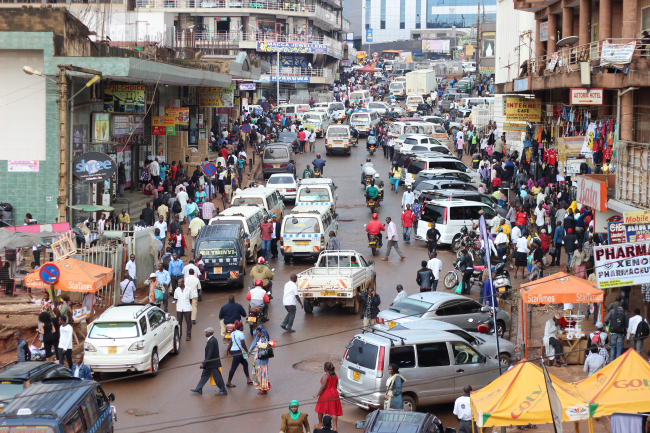Sub-Saharan Africa
Sub-Saharan Africa is not monolithic. While crises in the Sahel have attracted a great deal of attention, other regions also need to be monitored, and not just through the prism of security.
Related Subjects

Caught in the Web of Bureaucracy? How ‘Failed’ Land Deals Shape the State in Tanzania
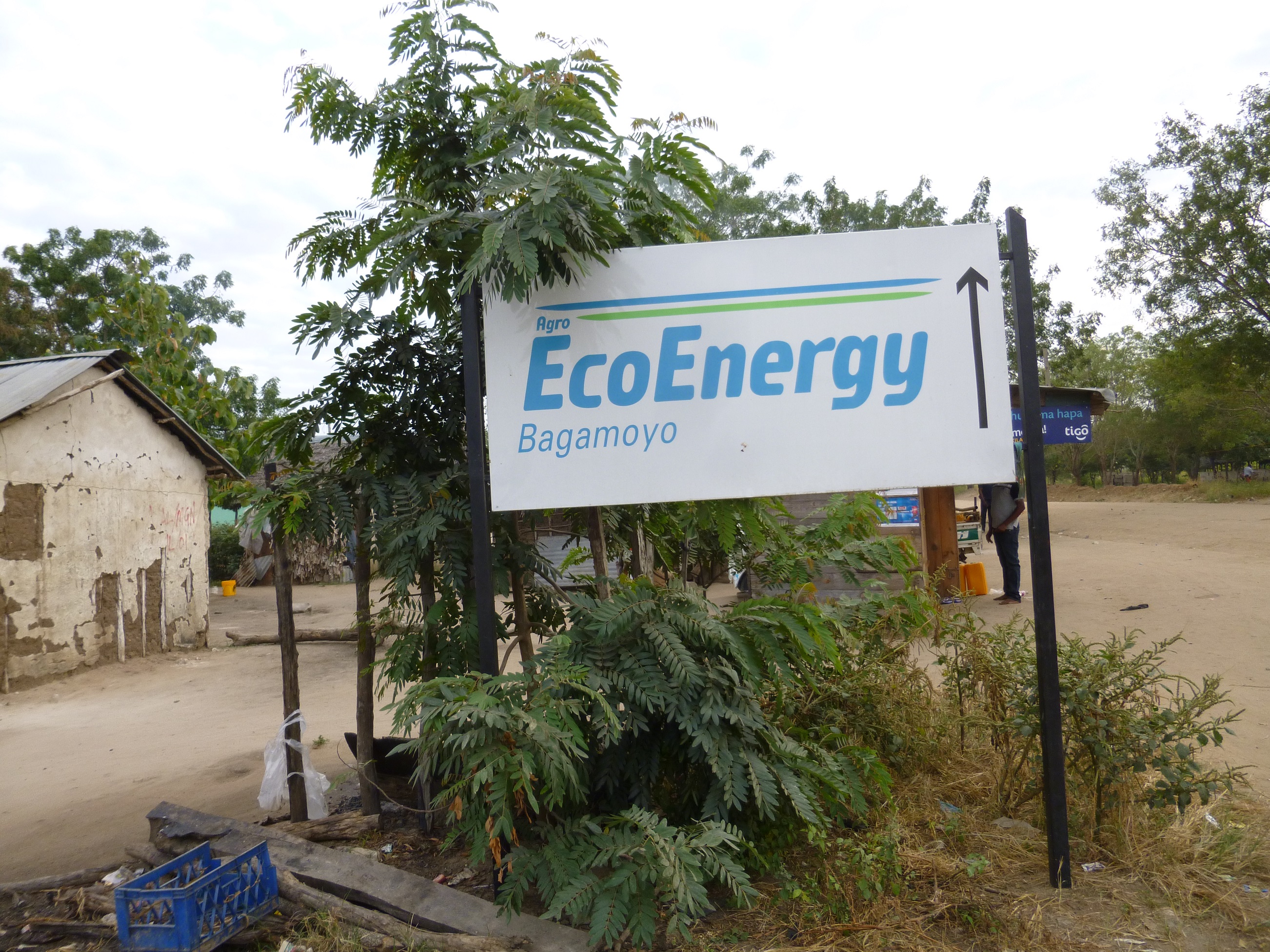
After more than ten years of hectic debates on international ‘land grabs’, academic interest in collapsed land deals or projects with unexpected results is growing.


China looking to learn from France about Africa
Trade is the focus of a three-day visit to France that Chinese Prime Minister Li Keqiang started on Tuesday. Beyond deals with French companies, China and France are expected to sign an agreement on joint infrastructure projects in Asia and Africa.


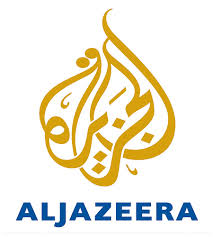



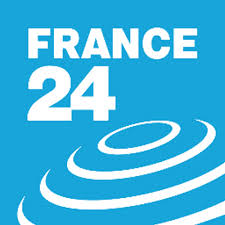





Barriers and Adaptations To Rural-Urban Mobility: A Focus of the Milk Value Chain in Peri-Urban Nairobi, Kenya
Kenya has per capita milk consumption of 110 litters of milk per year, making the inhabitants the largest milk consumers in sub-Saharan Africa. The daily sector requires functional infrastructure adapted to weather conditions, as well as affordable and easily accessible means of transport. However, only 18% of Kenya's road network is considered to be in good condition . As a result, farmers take alternative routes, reduce the number of trips, or limit their sales to the urban periphery. The daily transport of milk along the 47-kilometer urban-rural continuum in the peri-urban area north of Nairobi illustrates the reciprocal links between urban and rural areas and the dynamics of peri-urbanization. The challenges of the flow of milk along the value chain are intrinsically linked to those of mobility, which creates the connection between production, the exchange of goods and services, and consumption.
City Diplomacy and Human Mobility in Africa. Protecting Refugees and Migrants along the Central Mediterranean Route from the East and the Horn of Africa
Cities face constraints to work on migration and refugee issues, often due to a lack of decentralisation and resource constraints. Adopting an inclusive city approach can safeguard local authorities’ commitment towards providing protection to residents regardless of status, while not overstepping legal mandates.
Rebooting Italy's Africa Policy: Making the Mattei Plan Work
Against the backdrop of increasing anti-French rhetoric across parts of Francophone Africa, the relative failure of the counterinsurgency operation in the central Sahel (Operation Barkhane) and diplomatic rifts with several Sahelian countries, Paris has been rethinking its relationship with the continent for several years now. As a former imperial power that has seen its colonial domain in Africa gain independence between 1956 (Morocco-Tunisia) and 1977 (Djibouti), France has invented two successive roles for itself in Africa since 1960, particularly in French-speaking sub-Saharan Africa.
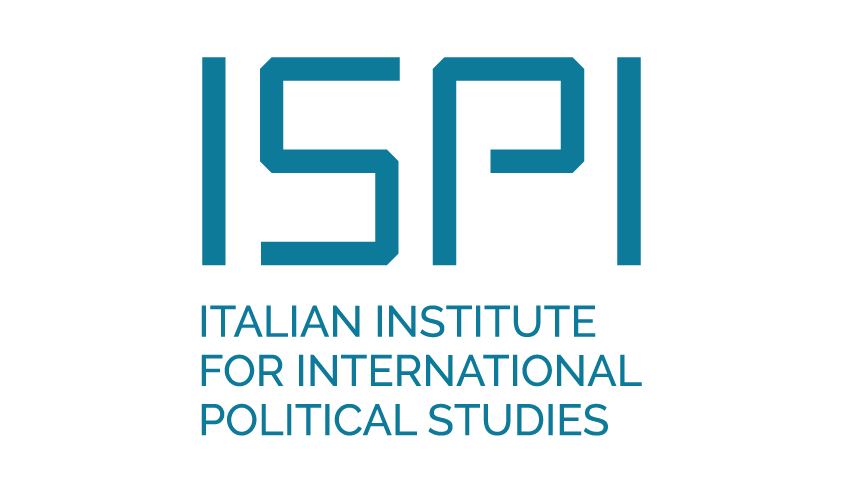
Green Recovery for Sub-Saharan Africa: Boosting Sustainable Electrification
If sub-Saharan Africa followed the same model of economic development as the rest of the world, focused on the growth of carbon intensive industries, cities and infrastructures, it would seal the planet's climate future. Africa’s emissions today are among the lowest per capita in the world: 0.8 tons/capita.

Caught in the Web of Bureaucracy? How ‘Failed’ Land Deals Shape the State in Tanzania
After more than ten years of hectic debates on international ‘land grabs’, academic interest in collapsed land deals or projects with unexpected results is growing.
Saudi Arabia’s Policy in Africa : Vectors and Objectives
Until recently, Saudi Arabia was the country out of the Gulf countries that had the greatest number of diplomatic missions in Africa (27[1]).
Ramaphosa’s Presidency: What Has Changed?
On the eve of the 25th anniversary of democracy in South Africa, the African National Congress (ANC) still holds power in a nearly hegemonic way. Nevertheless, the popularity of the party is decreasing while economic and social inequalities are deeply entrenched in the country.
Angola under Lourenço. Towards a Negotiated Hegemony
In a matter of months, Luanda politics became unrecognizable. The reasons why, and the ways in which, João Lourenço, President of Angola since september 2017, proceeded to these substantial and unexpected changes will be analyzed in detail in the pages that follow.
Land Tenure Tensions in Maputo. A Study of the Neighborhood of Polana Caniço
Maputo, the capital of Mozambique, is driven by fascinating urban dynamics. The country’s institutional setting is influenced by the legacies of the different political regimes of the last 50 years, which have left visible traces on the urban fabric.
Hashtag and Political Resistance Movements in Southern Africa
What is the political significance of Southern Africa’s “hashtag movements”, socio-political campaigns using social media to disseminate information and to mobilise concerned and previously quiet segments of the public?
Japan's Revived African Policy
By organising TICAD (Tokyo International Conference on African Development) for the first time in Africa in August 2016, Japan intended to accelerate and deepen its relationship with the continent.
Defining the Middle Class in the Global South. A Quantitative Perspective from South Africa
What makes you middle class? Is it your income, occupation, or education? Your family background or maybe the house and neighbourhood you live in? It is probably all of these things.
The Resurgence of Conflict in Mozambique. Ghosts from the Past and Brakes to Peaceful Democracy
2016 proved to be a most challenging year for Mozambique. Small-scale conflict, which started reappearing between the government and the opposition party, the Mozambican National Resistance (Renamo), in 2013, intensified over the course of the year, whilst peace negotiations stalled.




Support independent French research
Ifri, a foundation recognized as being of public utility, relies largely on private donors – companies and individuals – to guarantee its sustainability and intellectual independence. Through their funding, donors help maintain the Institute's position among the world's leading think tanks. By benefiting from an internationally recognized network and expertise, donors refine their understanding of geopolitical risk and its consequences on global politics and the economy. In 2024, Ifri will support more than 70 French and foreign companies and organizations.








